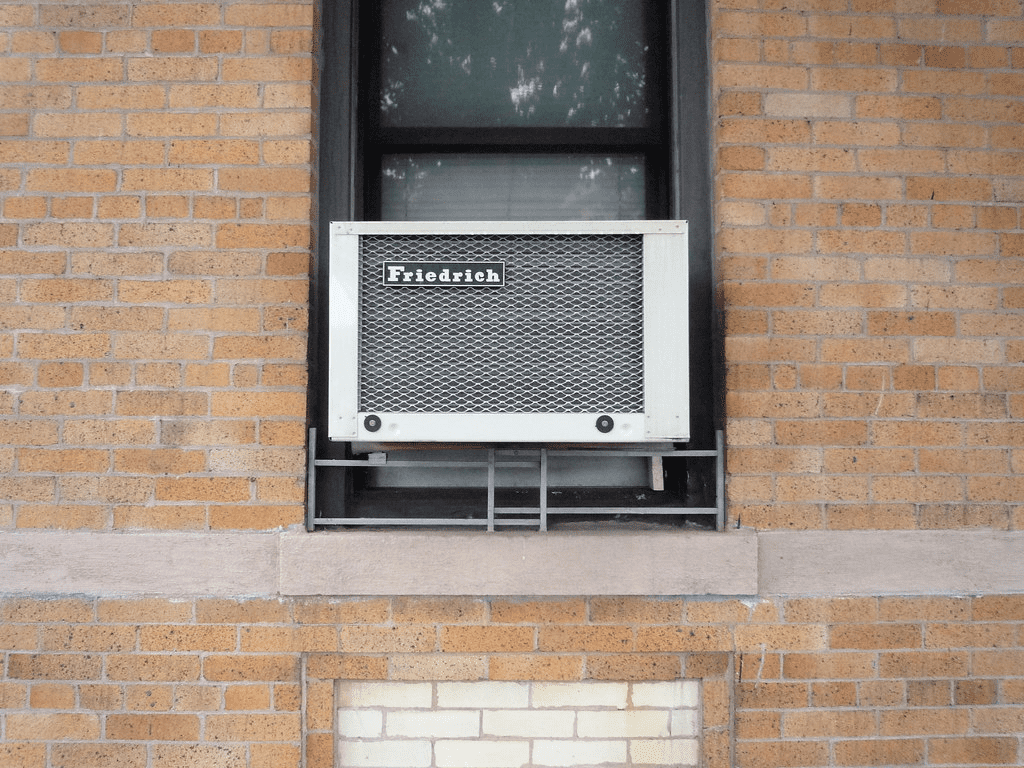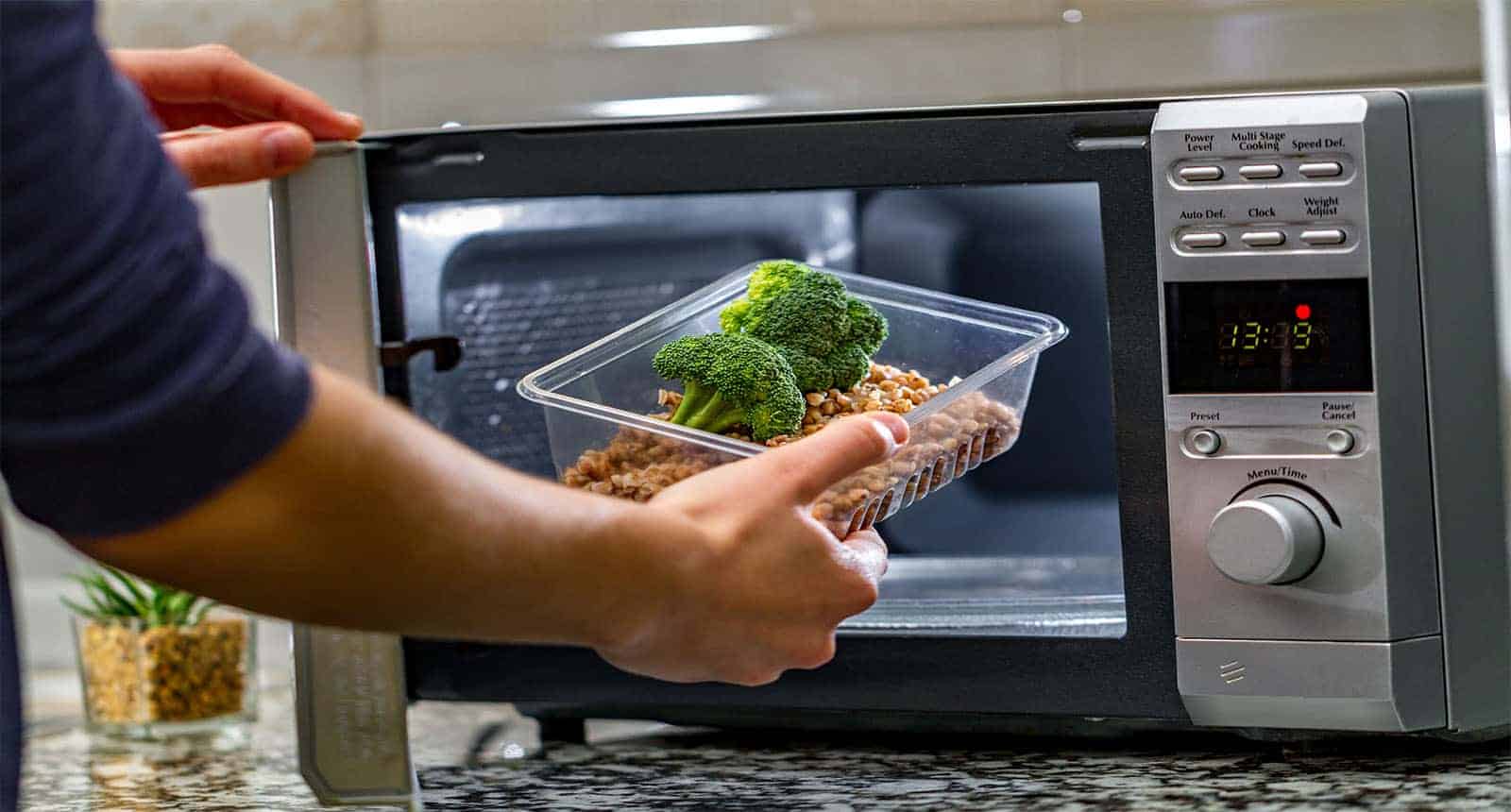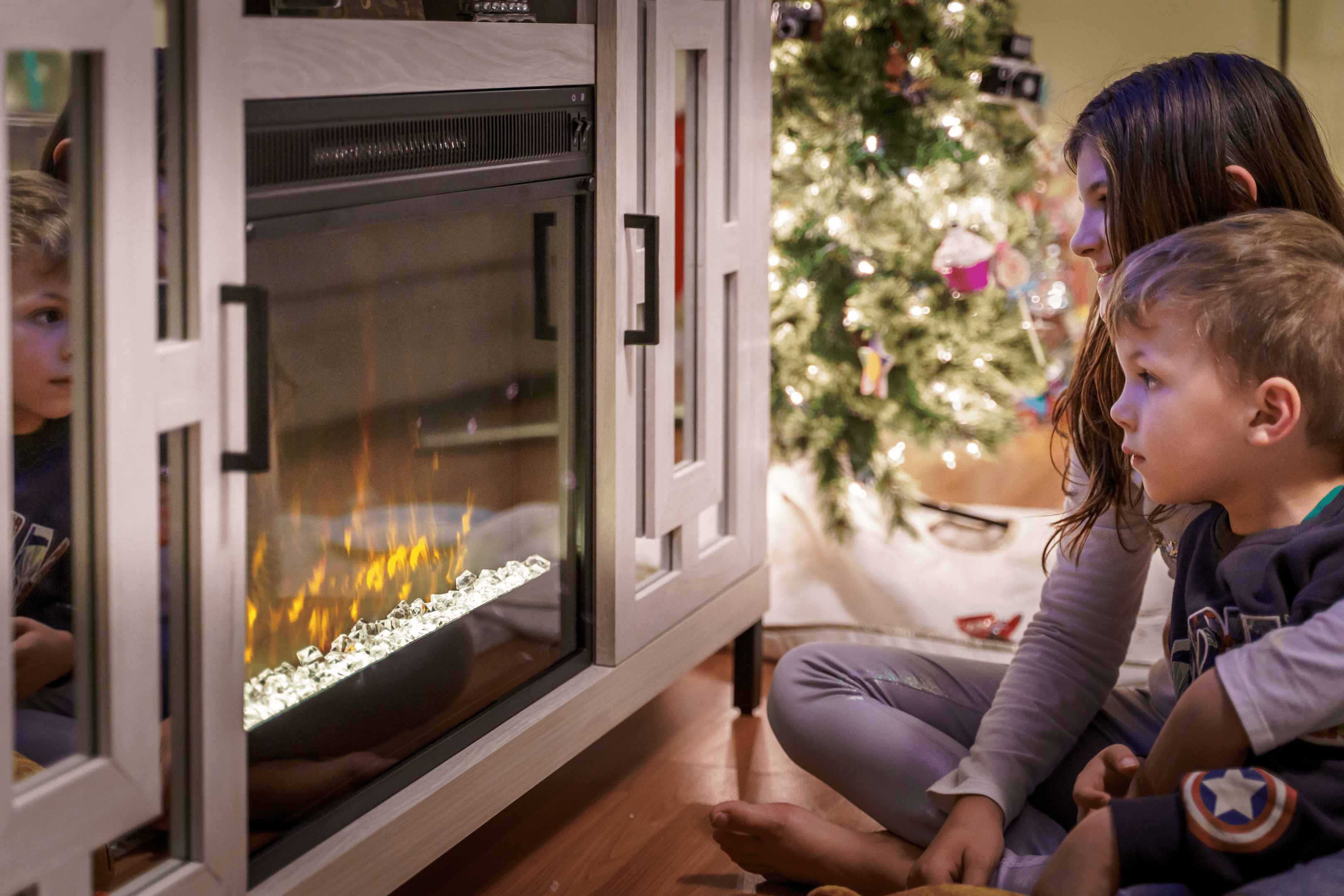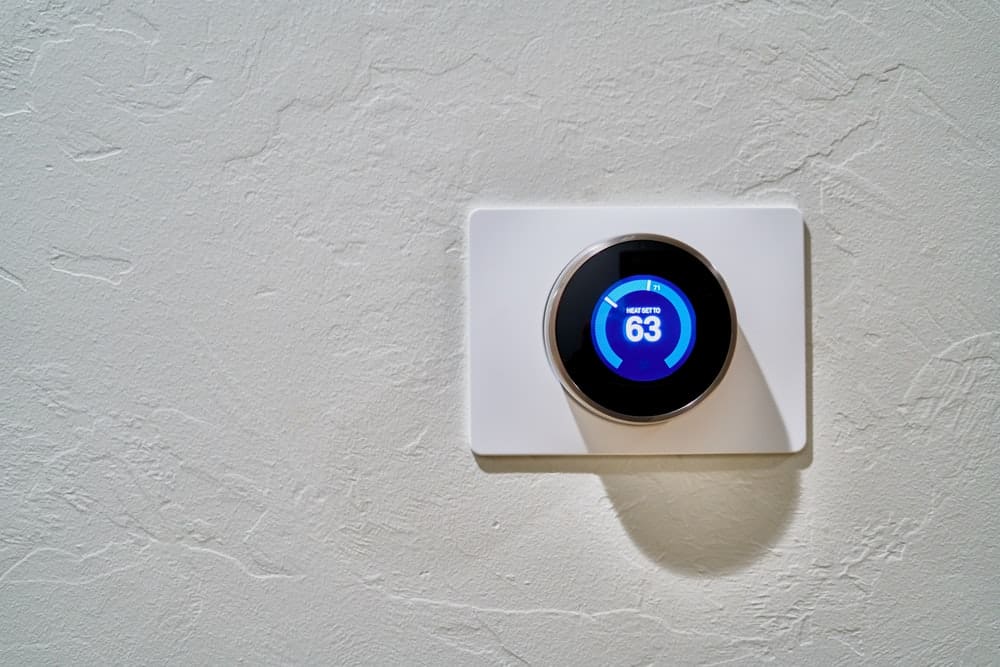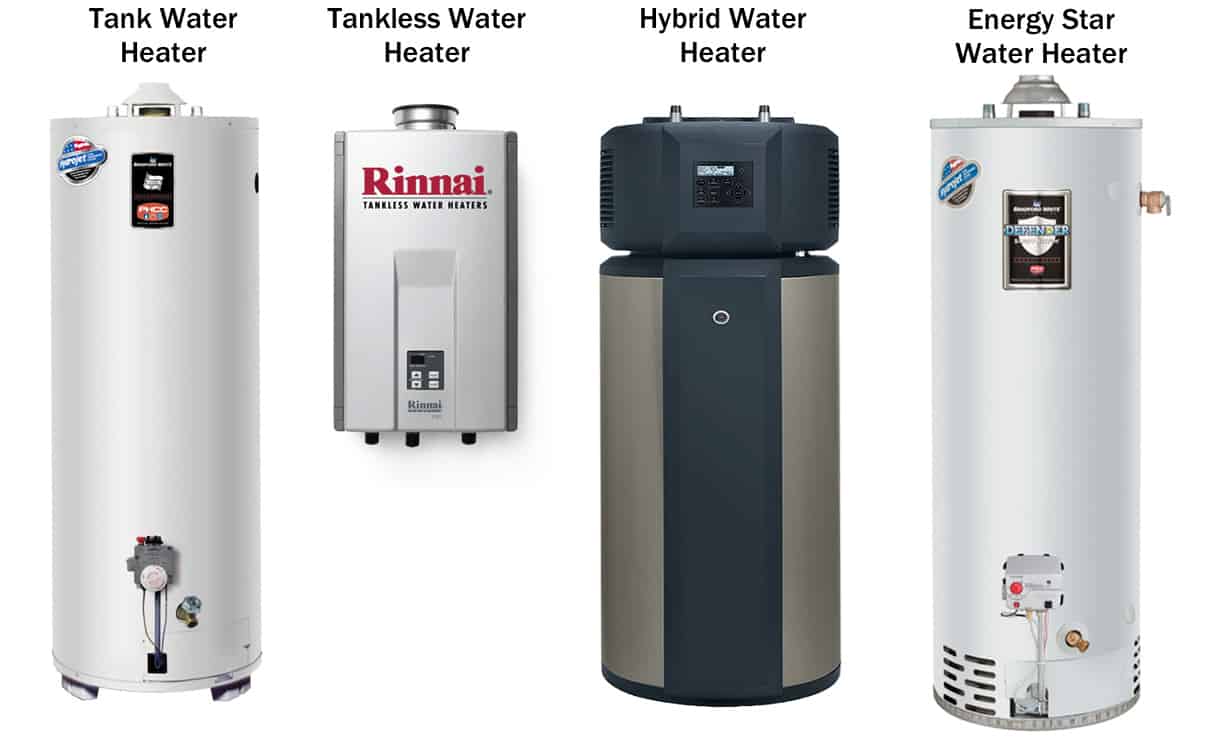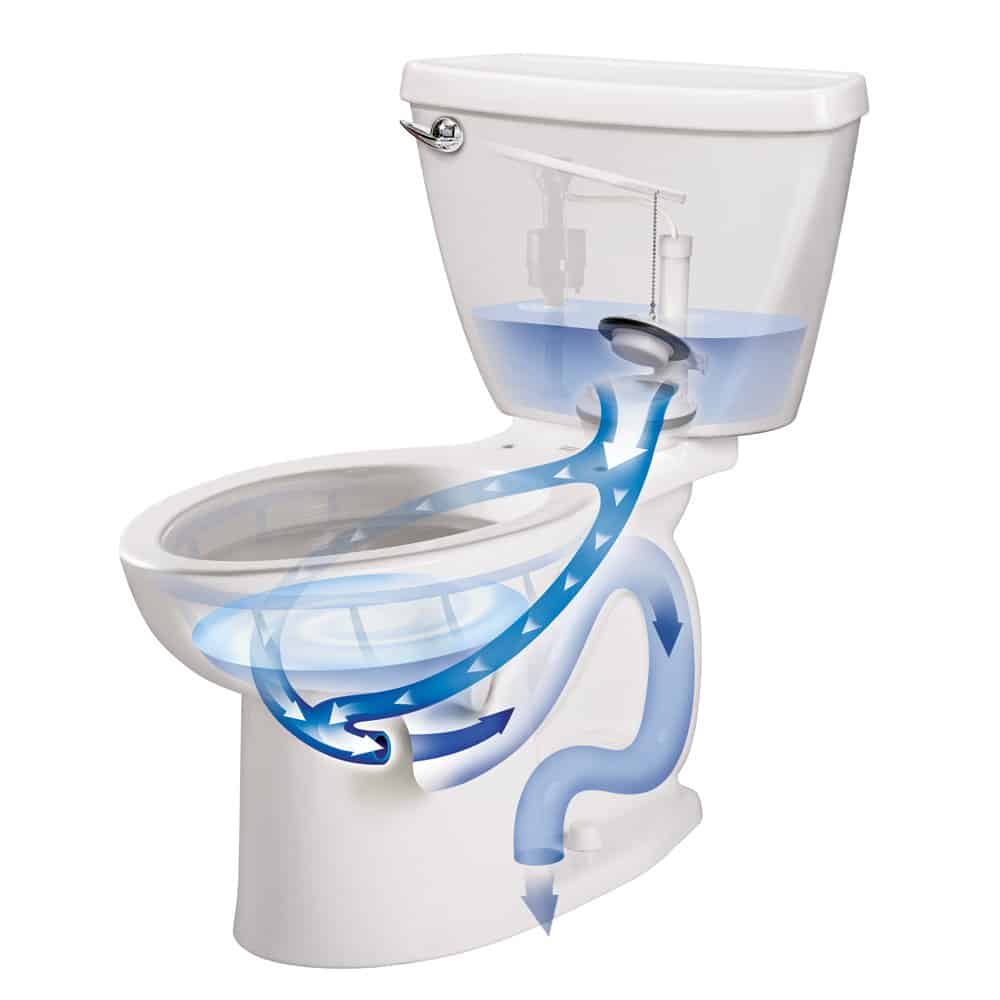A career in plumbing can be lucrative and rewarding. Yes, it might sound like a messy job, but it's a business that will always be in demand. All buildings have indoor plumbing, and professionals are needed for new plumbing installations and plumbing repairs. This article will lay out a guide on how to learn plumbing and the best Online Plumbing Courses you can undertake. Read on!
What are the Basic Duties of a Plumber?
A plumber is a skilled professional who installs, tests, repairs, and maintains water and piping systems in homes and commercial buildings. Plumbers are also responsible for instilling the best dishwashers, bathtubs, sinks, water heaters, and toilets. Other plumbing duties include:
1. Locating and repairing leaks
A plumber's role is to identify the cause of the leakage and repair it. The intricacy of locating and repairing depends on the building's size and the plumbing system. So, a plumber is, in most cases, required to check their blueprints to locate the possible leaks.
2. Change and repair of various plumbing parts

Image credit: images.aboutmechanics.com
Plumbers and plumbing apprentices can solve plumbing issues by repairing certain parts of the affected plumbing systems, including replacing faulty taps, removing blockages, and other related operations.
4. Preparing cost estimates for clients
A plumber is also responsible for selecting material or hardware and calculating the estimated cost of materials, equipment, and labor. The number of materials, equipment, and labor costs will vary depending on the plumbing work's nature or leakage size. Learners can learn how to assess each job correctly and give their clients the estimated values.
Steps to Becoming a Plumber
In addition to having the necessary skills, such as interpersonal communications, physical, safety, problem-solving, analytical, and good customer service skills, there are a few steps you need to take to become a plumber. The steps are as follows:
1. Get your GED or high school diploma
If you are presently in high school or already have a high school diploma, you are eligible to pursue a career in plumbing. Plumbers need to have a good foundation in several subjects such as math, science, and computers. So if you don't have a diploma, you may need to earn a GED or even consider taking drafting classes to increase your knowledge.
2. Complete a plumbing trade school courses
You must take state-required plumbing trade school courses to start your plumbing career. To do this, you must apply and enroll in an accredited plumbing or trade school that offers classroom education and technical and vocational classes.
Most plumbing schools offer 1-year diploma and certificate programs and 2-year associate's degree programs in plumbing. These classes will teach basic classroom instruction with labs, where you can learn cutting, threading, plumbing fixtures, and welding pipes. Other potential course topics include piping system design, water distribution, construction safety, construction math, and fabrication methods.
While most plumbing courses are inexpensive, there is an initial investment that you should be aware of. Tuition fees range from $10 for an individual class from a general online skill-sharing site to $1,000 for a full program from an online trade school for plumbing.
3. Complete a plumbing apprenticeship
When you are done with vocational training, you will require to complete a plumbing apprenticeship program which is usually four to five years long. Although you can find some apprenticeship programs that do not need you to have any amount of classroom hours, most of them do for you to get accepted.
During a plumbing apprenticeship, you will get on-the-job training and learn about plumbing codes, procedures, specialized skills, and even a wage. After learning all the necessary skills, you can take your licensure or certification exam.
4. Get licensed
Most states require you to take a certification exam to be a licensed plumber. In most cases, you must complete a certain number of hours of classroom instruction, complete an apprenticeship, acquire hands-on experience, and take a certification exam before obtaining a license.
5. Gain experience
As a licensed plumber, you can continue gaining experience as a professional plumber. You can consider joining a plumbing union to help get hired as a plumber. Also, you can take additional classes to learn about plumbing to advance your career. Ultimately, you may advance to the role of a master plumber, which receives higher pay.
Best Online Plumbing Courses and Certification Programs
1. Ashworth College

image credit: wikimedia.org
At Ashworth College, you can expect top-notch plumbing programs instructed by qualified professionals in the plumbing field. In addition, each instructor at this college is a practicing plumber; this way, you can be assured of increased apprenticeship opportunities. Again, upon course completion, all graduates from this college have access to the Ashworth college central Network, which helps you find jobs.
The college offers general plumbing education and continuing education credits. The plumbing program is designed to teach the fundamental understanding of the materials, basic tools, and processes used during light commercial and residential plumbing jobs. On top of that, they offer GED programs, making it even easier if you don't have your high school diploma.
Ashworth will provide you with all the necessary training programs for plumbing. You will receive the knowledge and skills needed to shine in this career. The amazing bit is that they will provide a flexible and convenient study program created to assist busy adults in learning.
2. Penn Foster Career School

image credit: pennfoster.edu
Penn Foster Career School offers an exceptional online diploma program that is regionally and nationally accredited. The main purpose of the online course offered in this school is to provide students with the complete training required to start a career in plumbing.
Their program teaches plumbers how to begin their careers, as well as how to establish and grow their own plumbing company. Mainly students will learn basic plumbing codes and regulations and how to read blueprints and install piping and plumbing fixtures.
The fantastic bit is that they provide their classes through a combination of lectures, books, and practical exercises. They also provide a free sample lesson to give you a feel of what they have to offer before you pay.
3. Plumber’s Training Institute
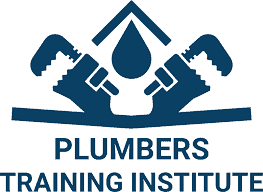
image credit: data: image
Plumber's training institute offers much more scope than most online plumbing trade schools. They offer a prep course for each state, and every course has set hours created to maximize your plumbing knowledge. This is the perfect course for you if you want to focus on each state while limiting costs.
4. Udemy
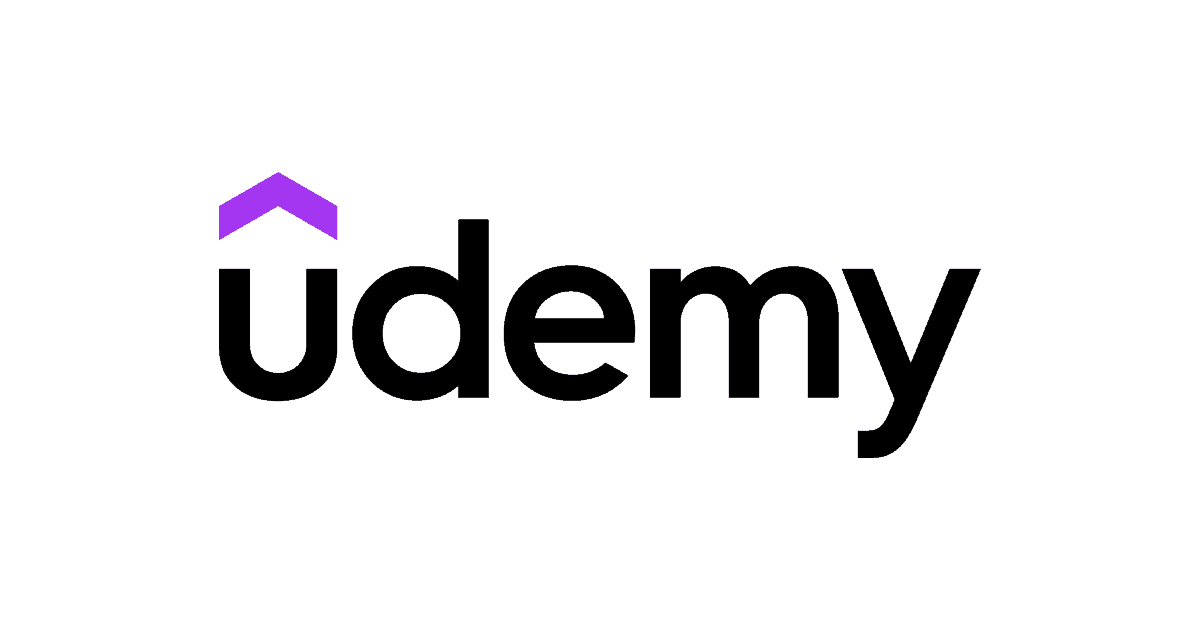
image credit: nyongesasande.com
If you indeed want to save some bucks and get some basic plumbing skills, this is a course you should consider. Udemy, unlike other plumbing courses we have listed, only covers single subjects.
5. Stratford Career Institute Training

image credit: topclassactions.com
The SCI training is an amazing starting point for a plumbing career. Although this school does not meet all the vocational training requirements, it is a cheap and effective way to prepare yourself for the plumbing certification exam.
The plumbing courses are taught through textbooks and practice exams. The course is diverged into five sections, each covering different sections of the certification exam.
SCI training is a perfect plumbing course if you plan to use it as a supplement to other major plumbing courses.
Factors Consider When Choosing One of the Best Online Plumbing Courses
1. Type of training
When choosing online plumbing courses to undertake, you will first need to know the type of plumbing training you are looking for. To do so, you need to know what kind of plumber you want. Basically, there are usually five types of plumbers; commercial, residential, service and repair, sanitary, and water supply plumbers. But, again, conducting research or speaking to a professional plumber can help determine the best training for you.
2. Time for study
You will need to consider the time you have to choose a plumbing course that suits you best. This will also help determine how many classes you can take at a time and whether you will take your classes during the day or night. Again it would help to find and pick a plumbing school that offers a flexible schedule.
3. Accreditation
Before spending any money, ensure that the school you take is accredited, meaning that an officially licensed organization vets the school. A couple of people sell online courses for plumbing, electrical, carpentry, and other trades, but you need to ensure you pick a course from a vetted institution. Institutions certified by the Distance Education Accrediting Commission (DEAC) or the International Creditors for Continuing Education and Training (IACET) would be a great option
4. Affordability
With any schooling, affordability is always a principal factor to consider. So, before settling on a certain plumbing course, you must first determine your budget and look for a school within your budget.
Frequently asked questions on plumbing
1. How much do plumbers make per hour?
As an average plumber, you can make approximately $56,330 annually, depending on your state and country. This means a licensed plumber can make $29 an hour. Even so, plumbers are prone to emergency calls, earning more from overtime and tips. Also, most plumbers go into business for themselves or start their own companies to make as much money as possible.
2. Can I do my own plumbing?
Yes, with basic skills, you can do some of your own plumbing, but in most cases, you will find that some tasks require you to have a permit. That said, to avoid damaging your plumbing systems, it would be best to have your plumbing jobs done by a professional.
4. How long does a course in plumbing take?
Normally, the time will vary depending on the course you are taking; however, it takes roughly one year of practice in any unrestricted plumbing courses to get certified. It is important to note that different training institutions offer different programs, so the particular course may take longer in some schools.




